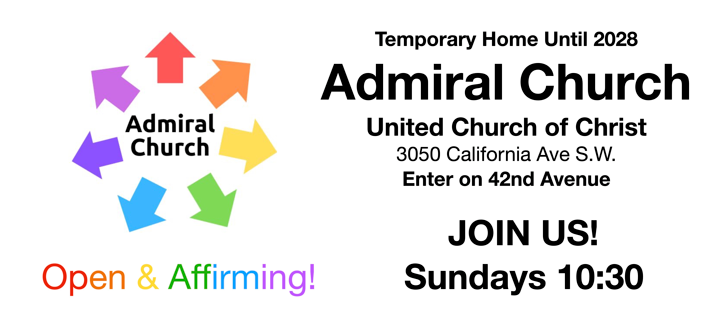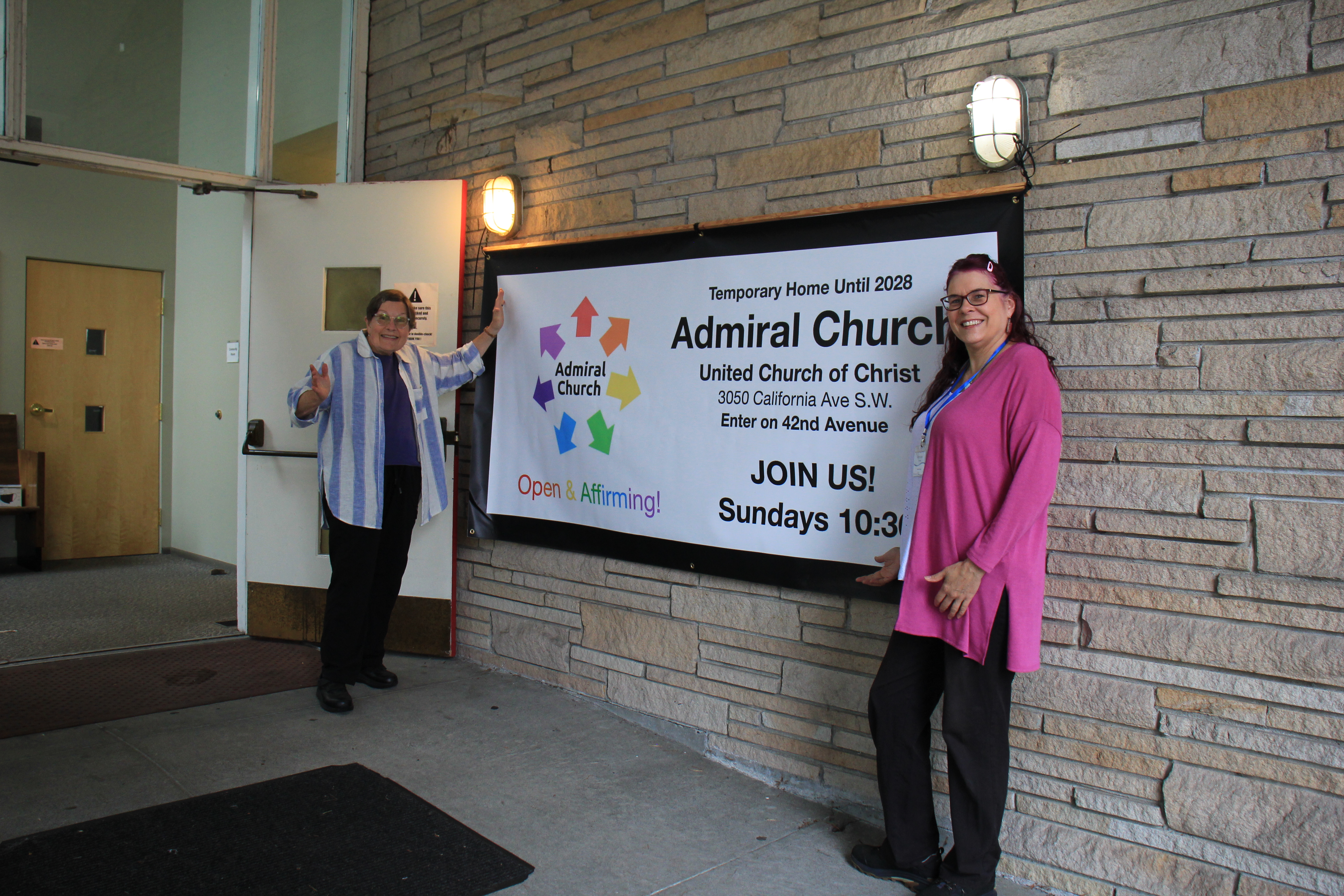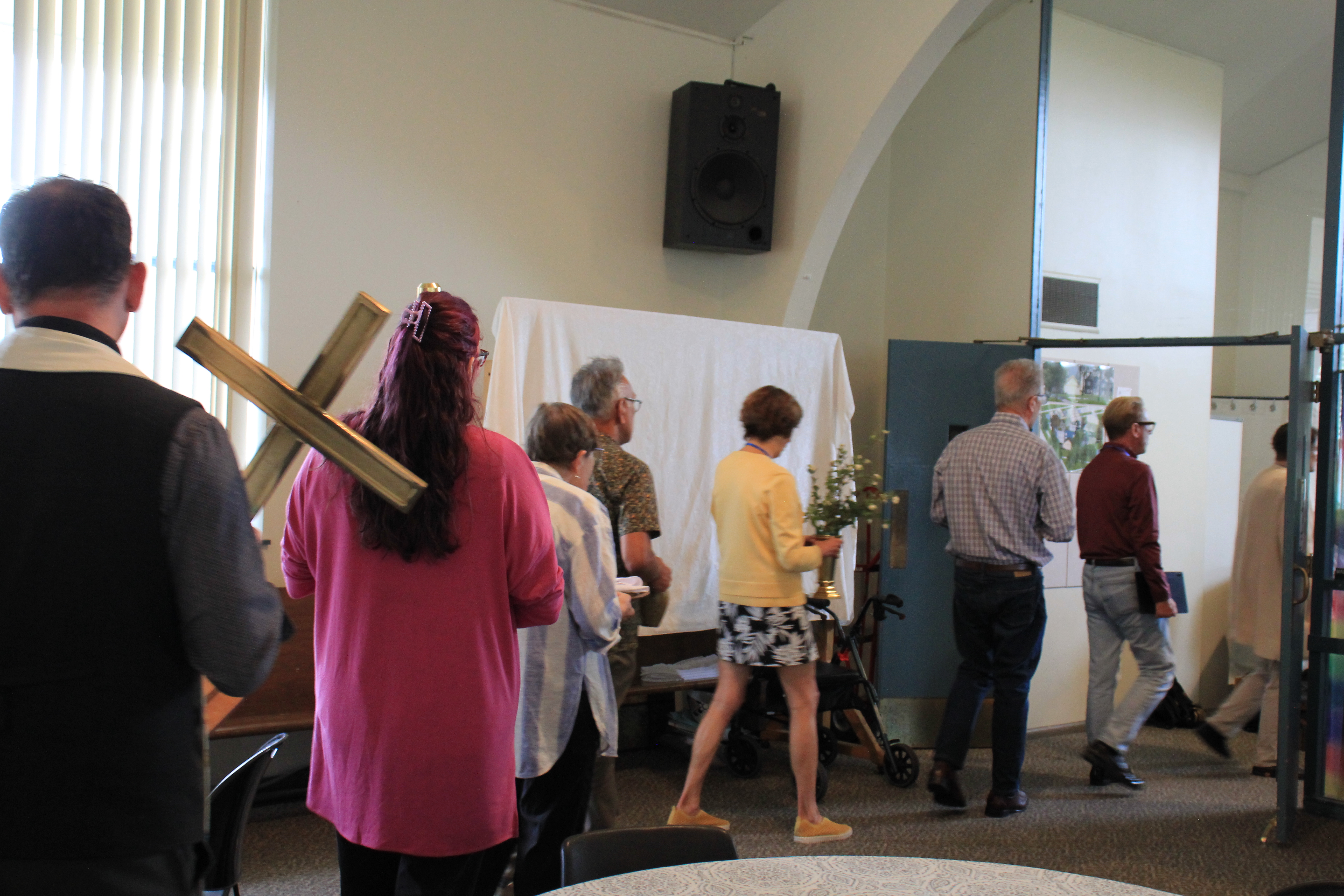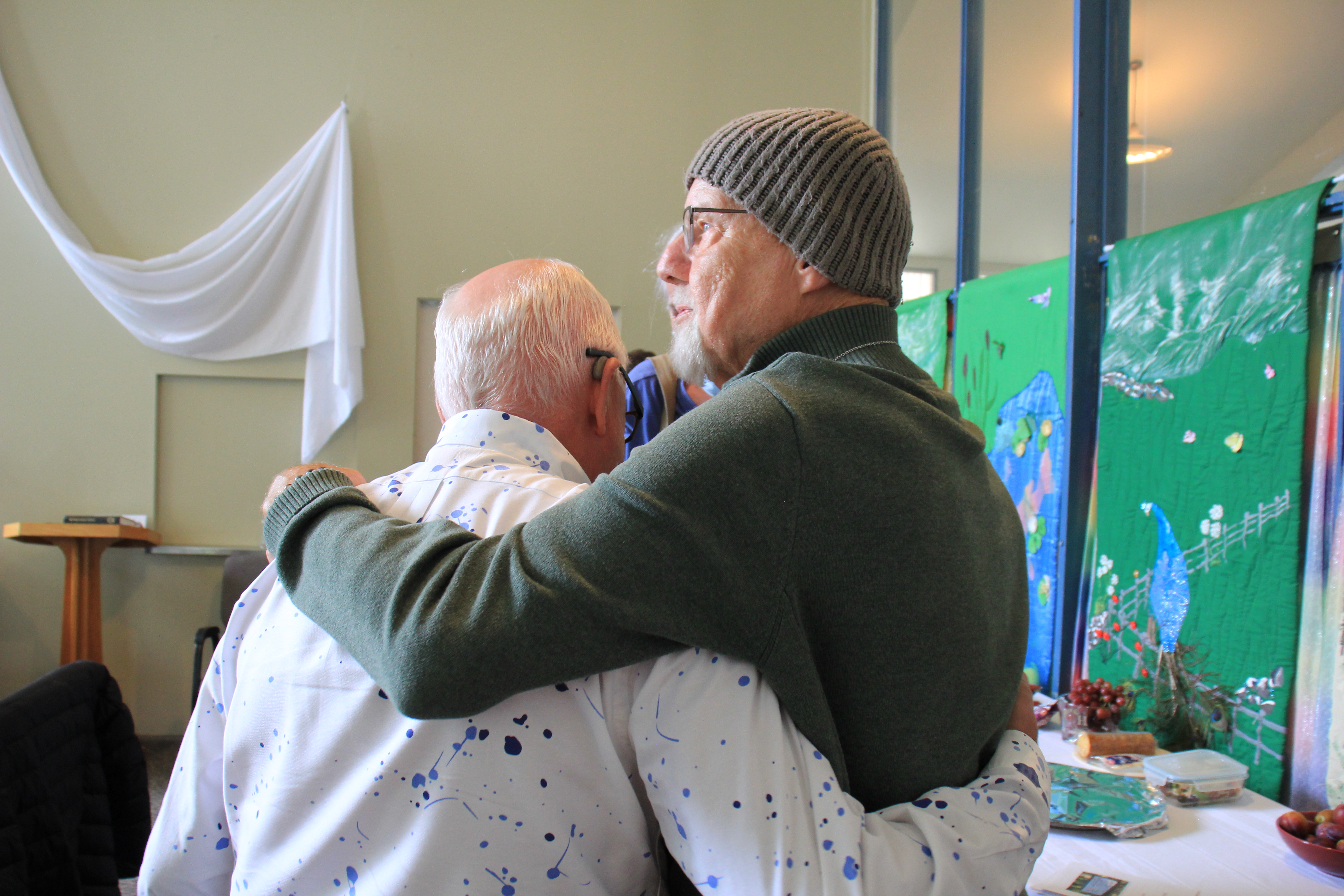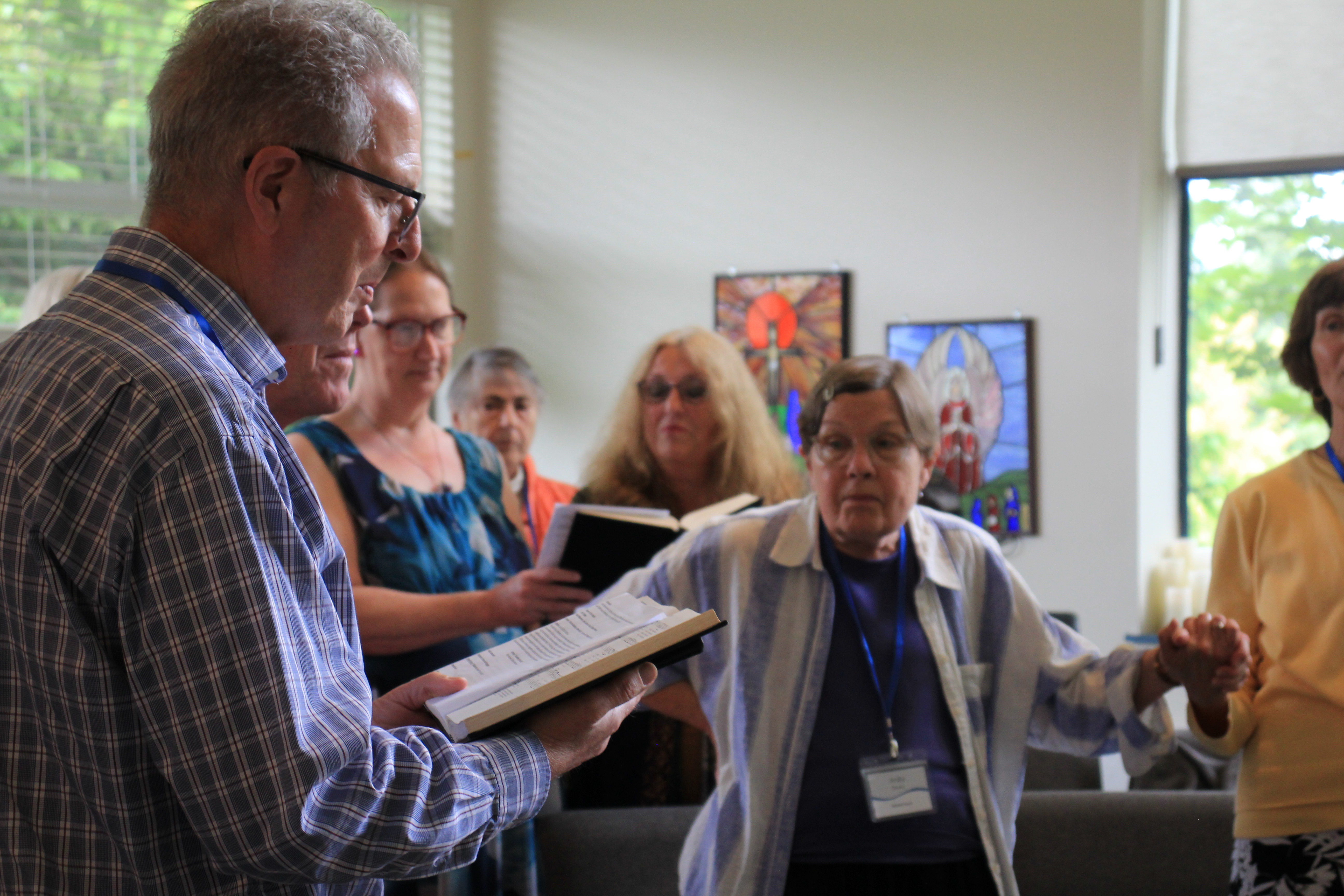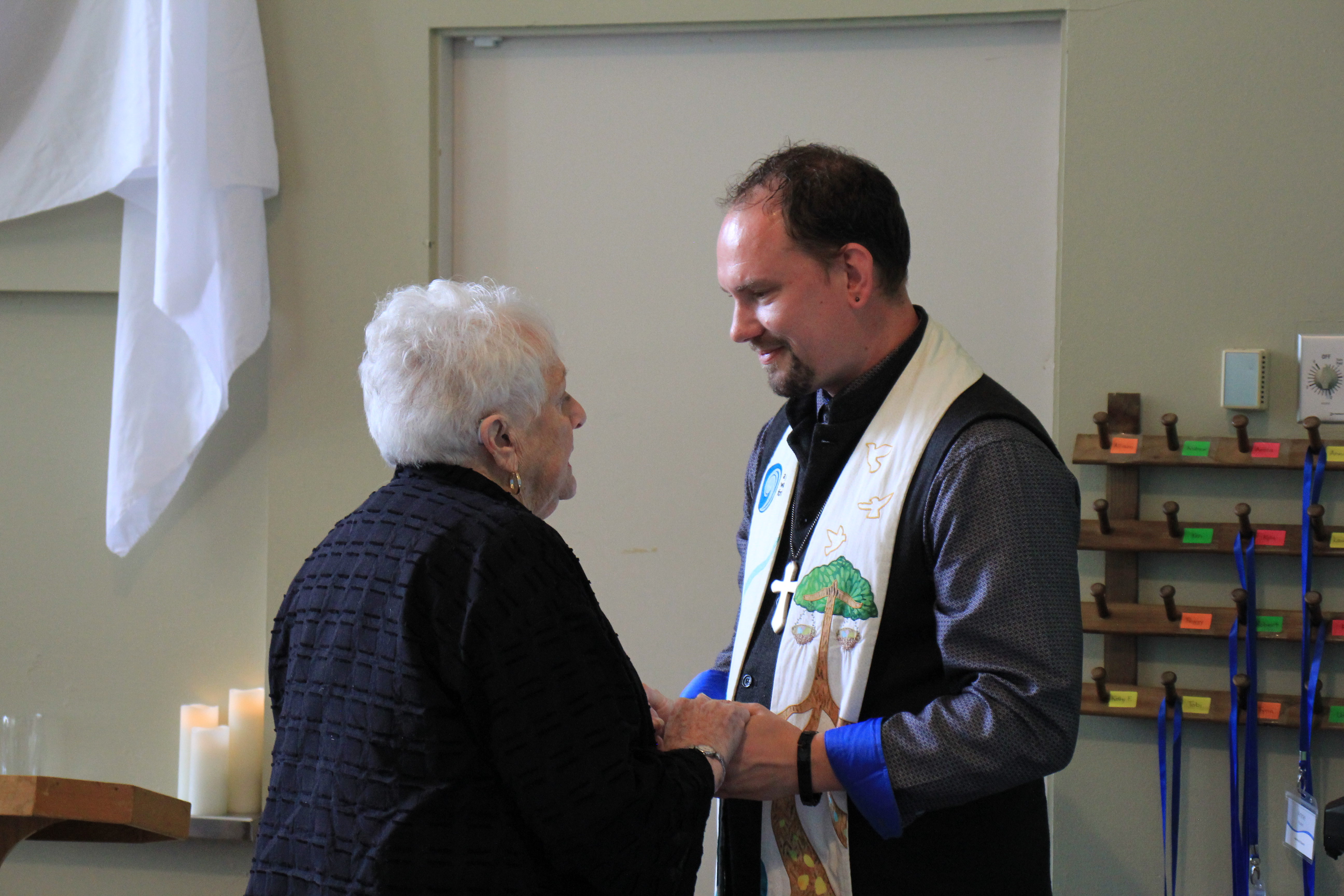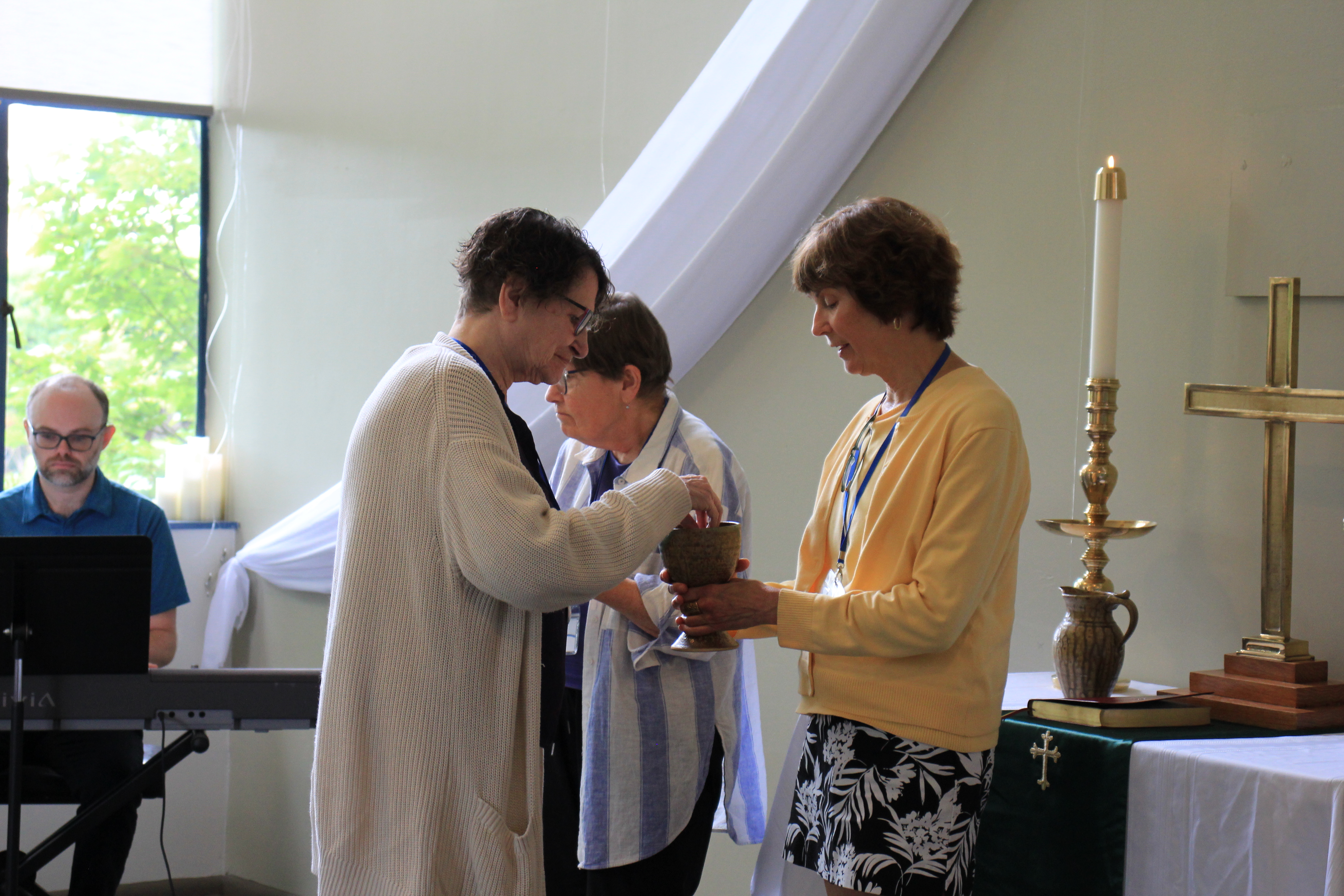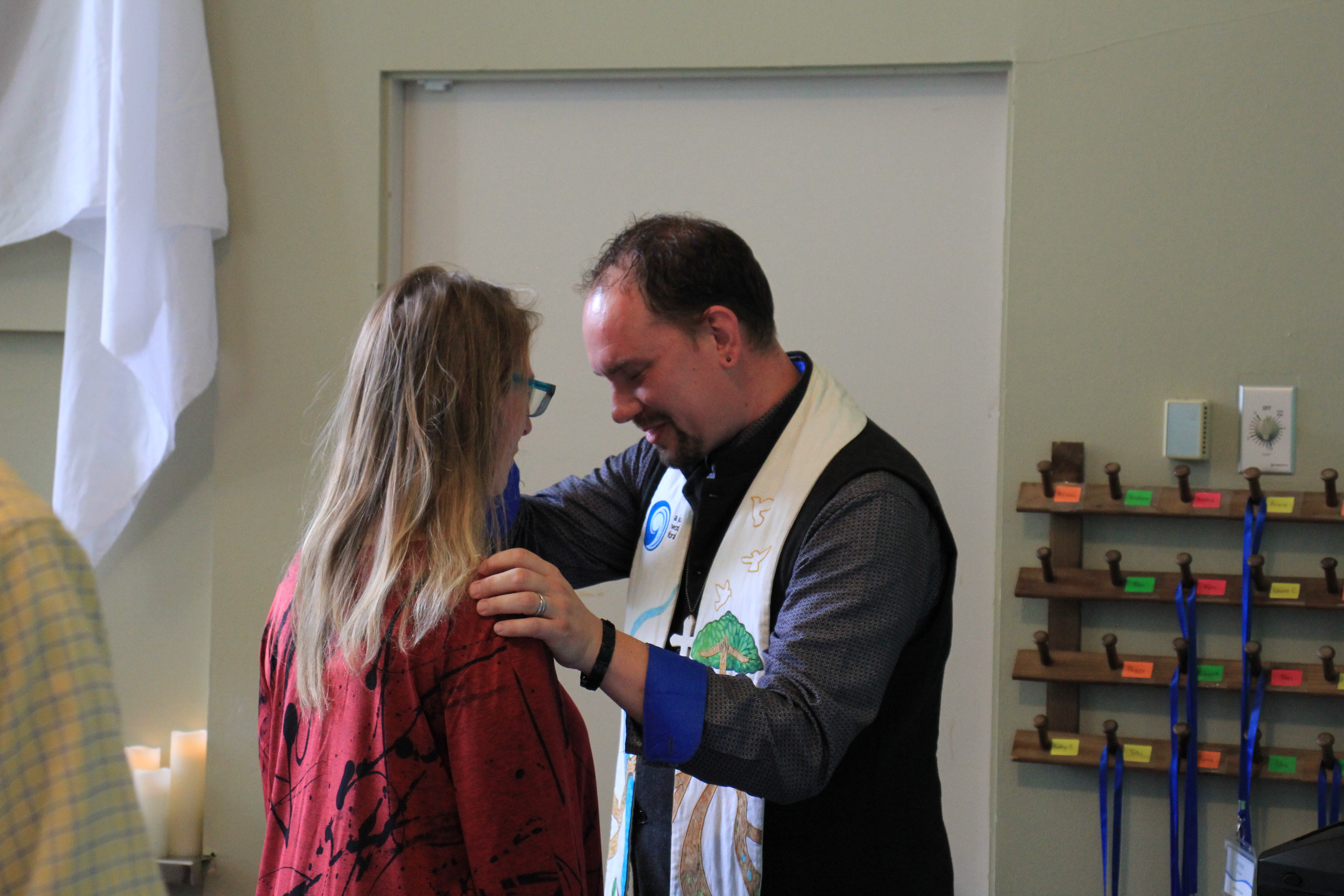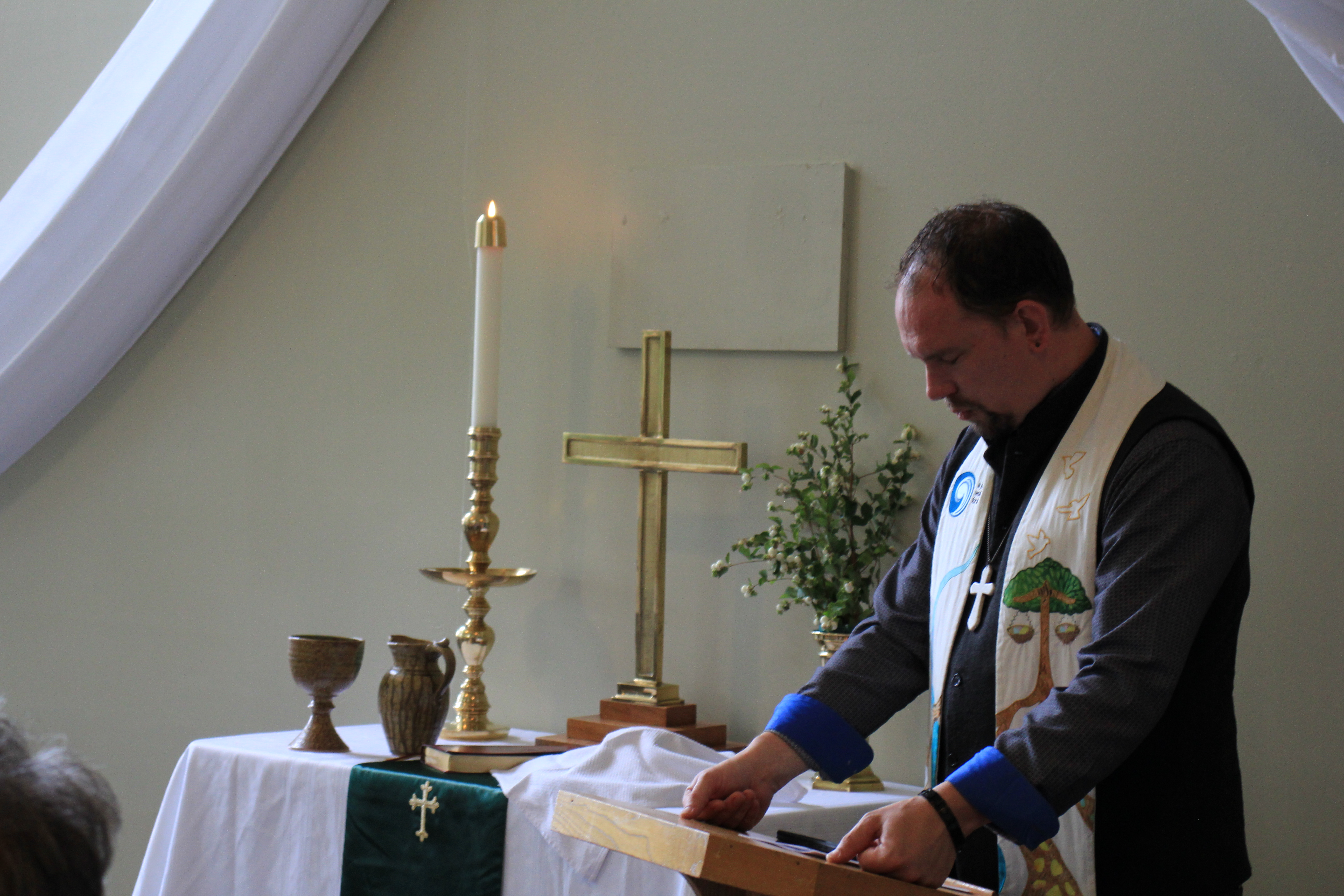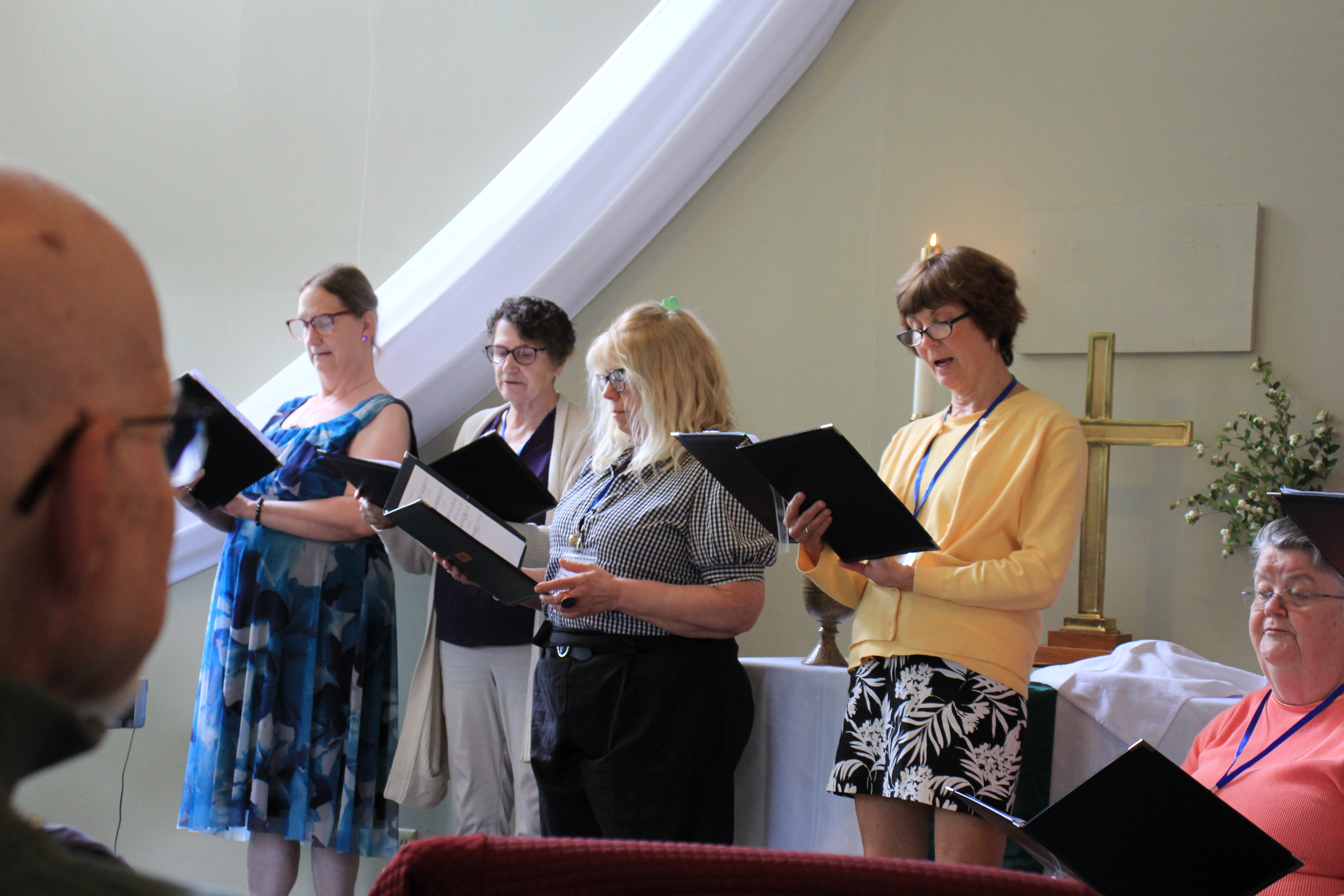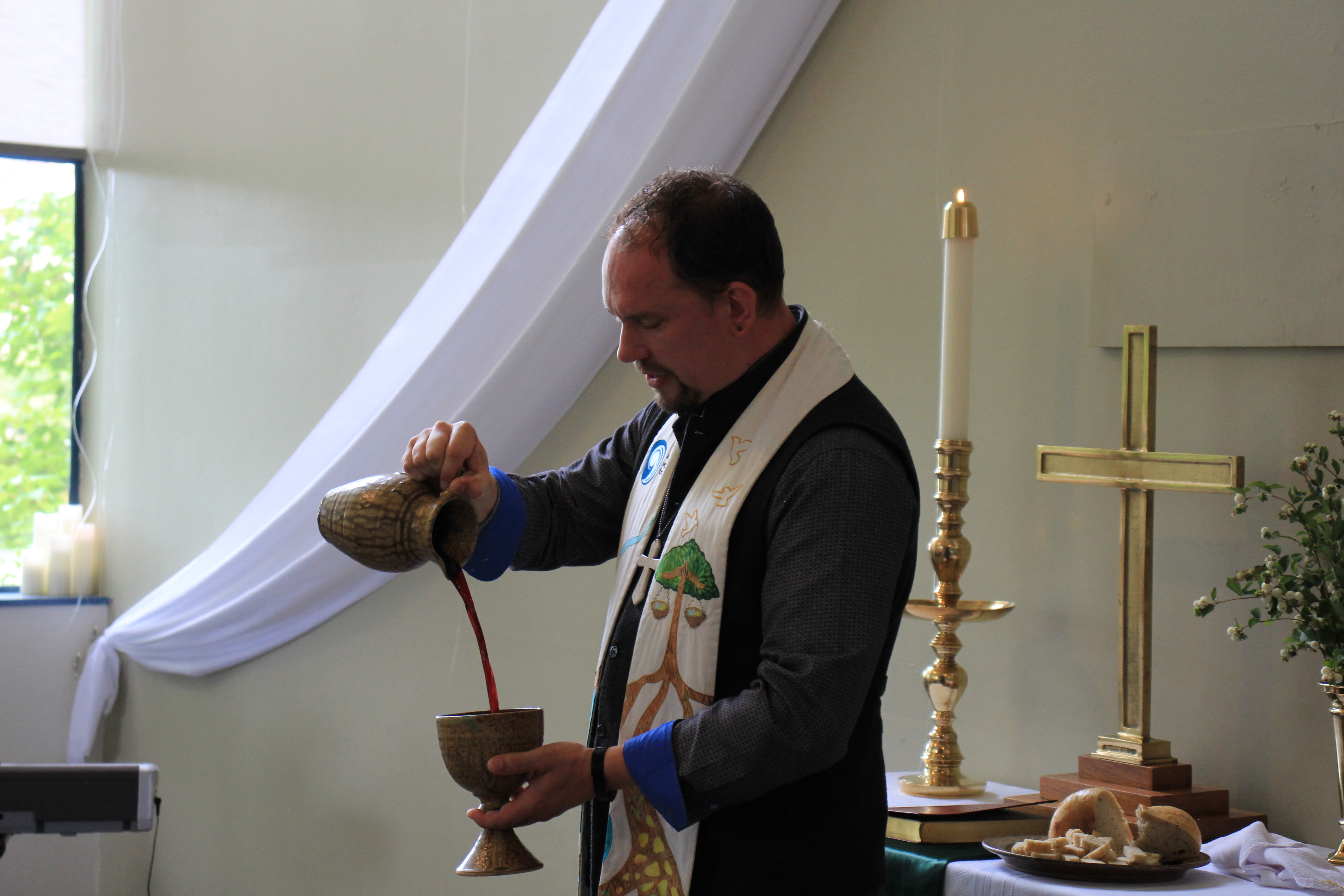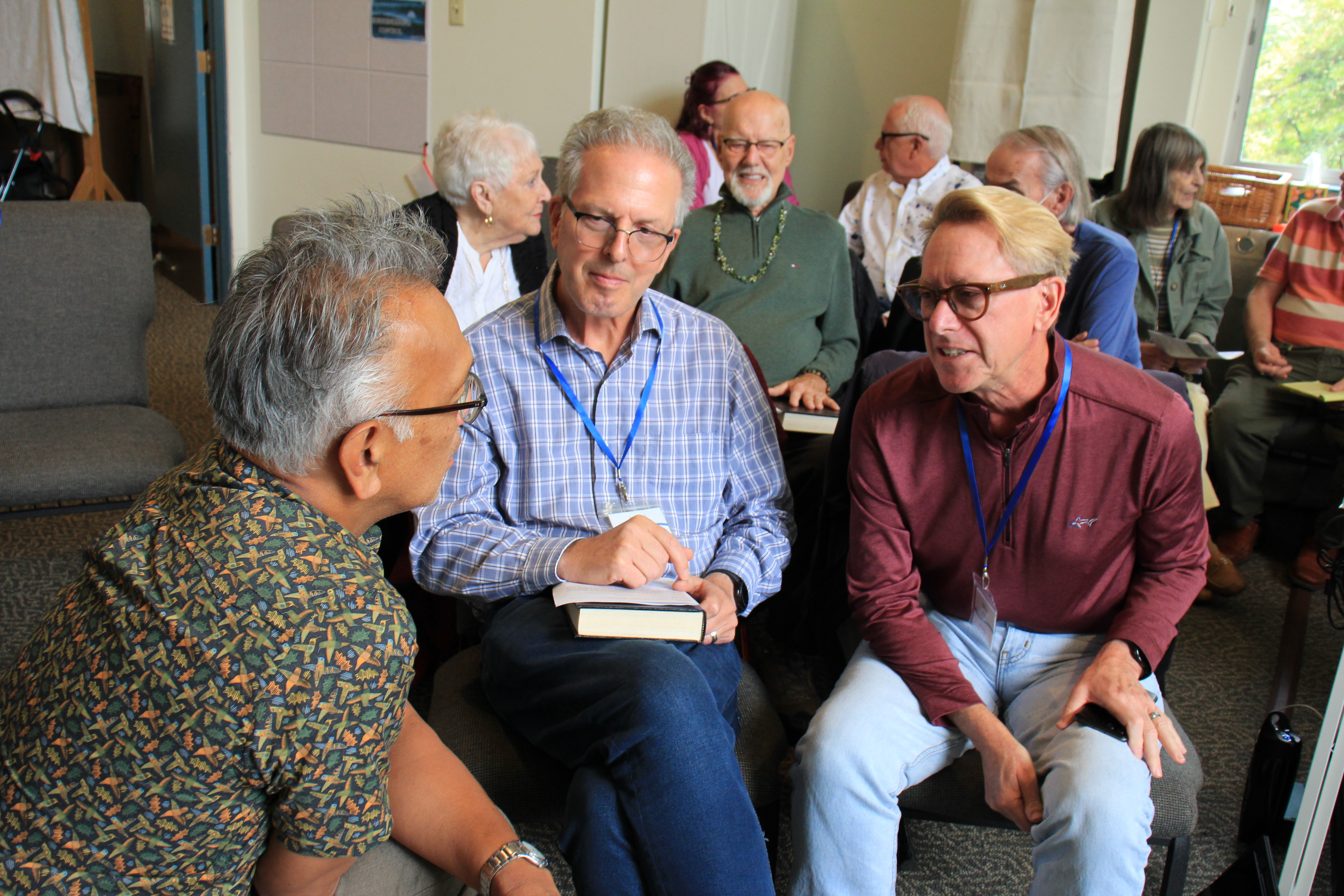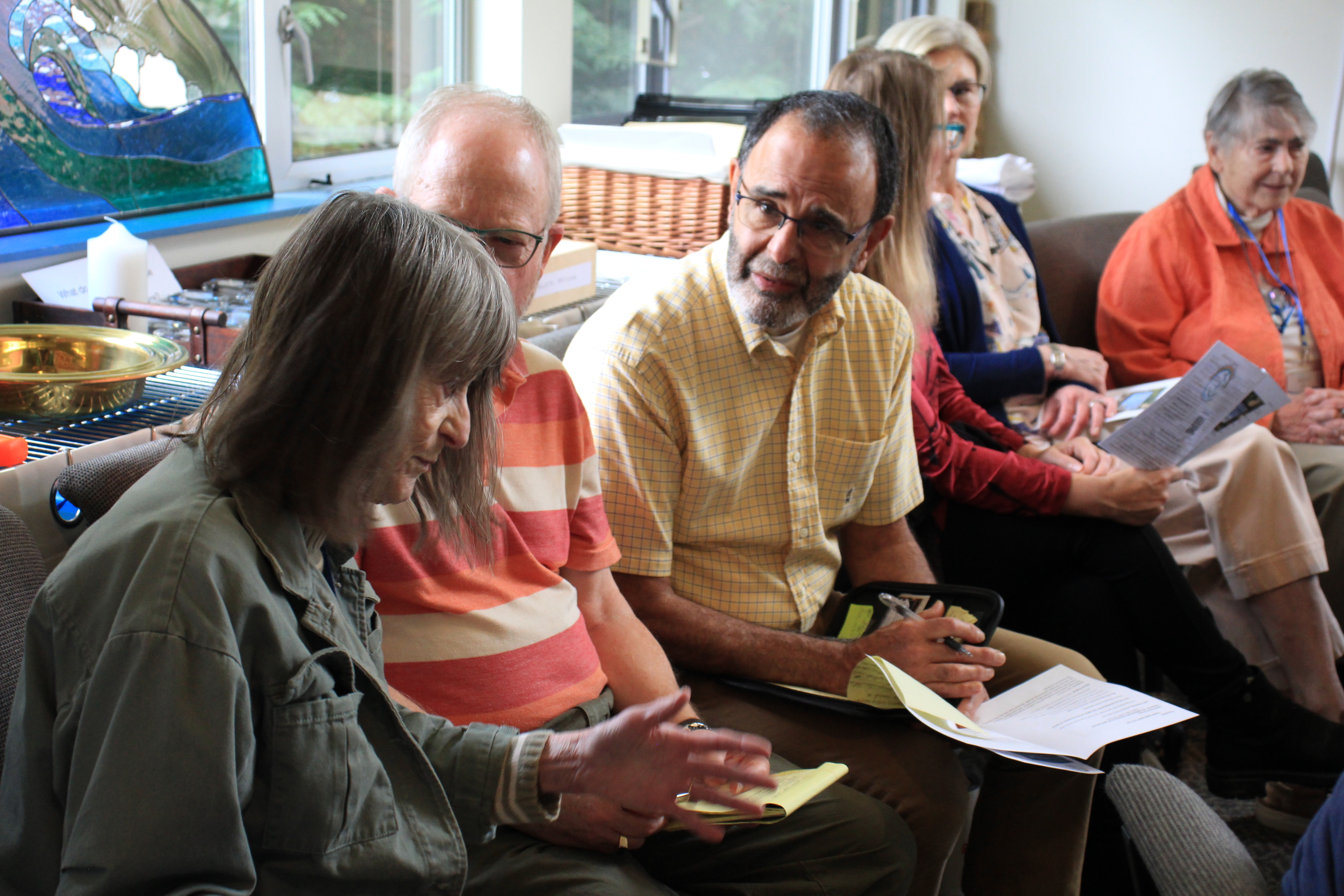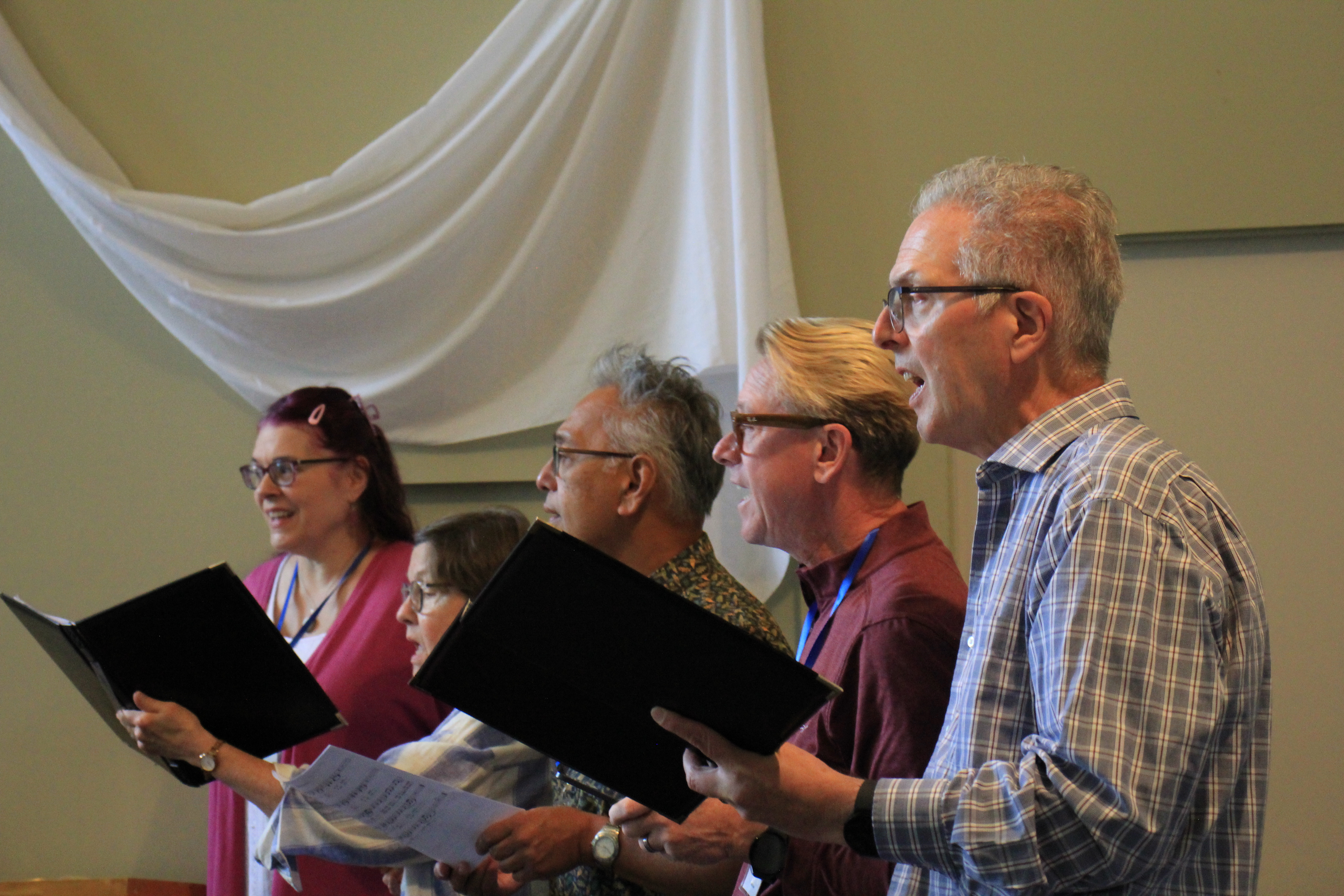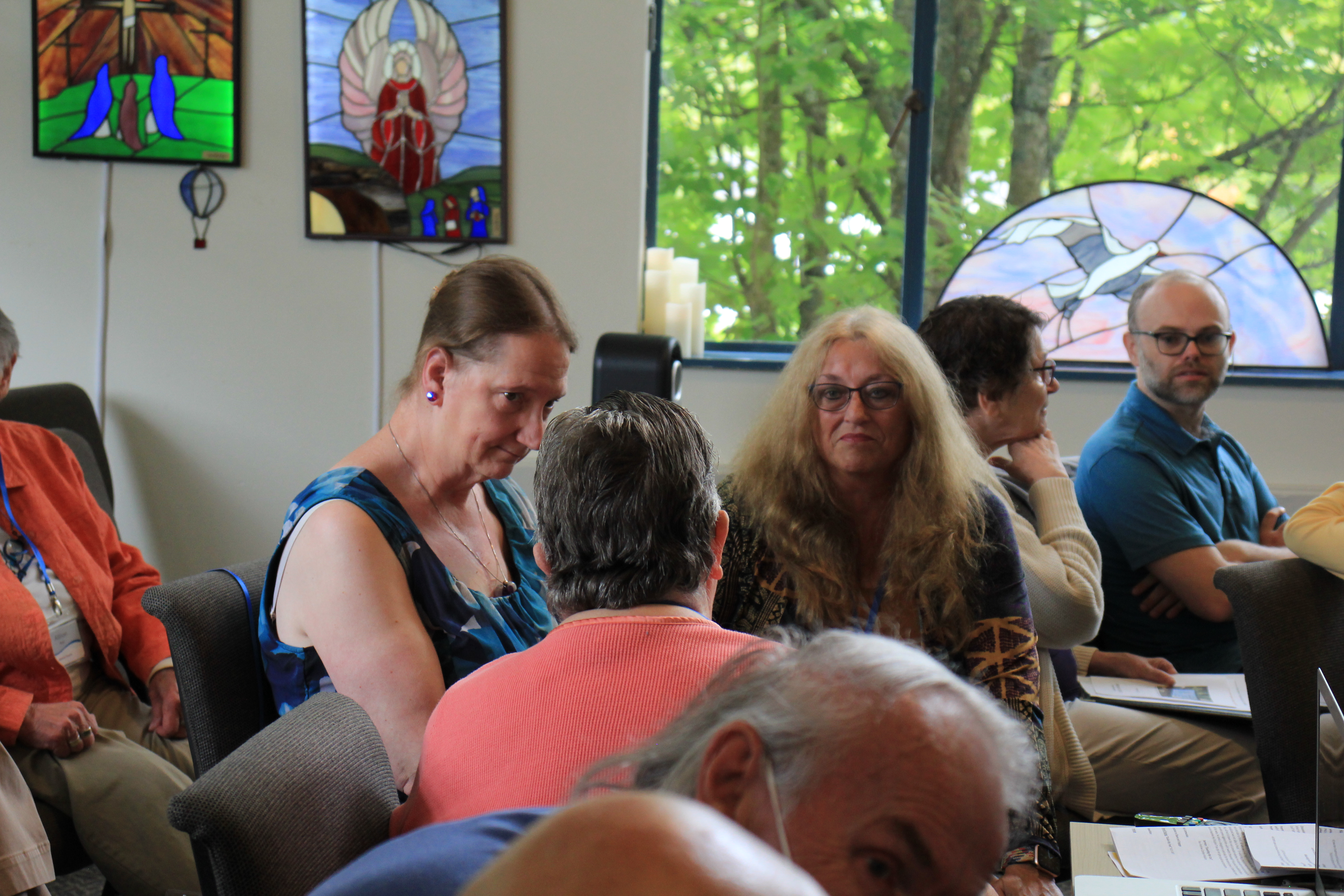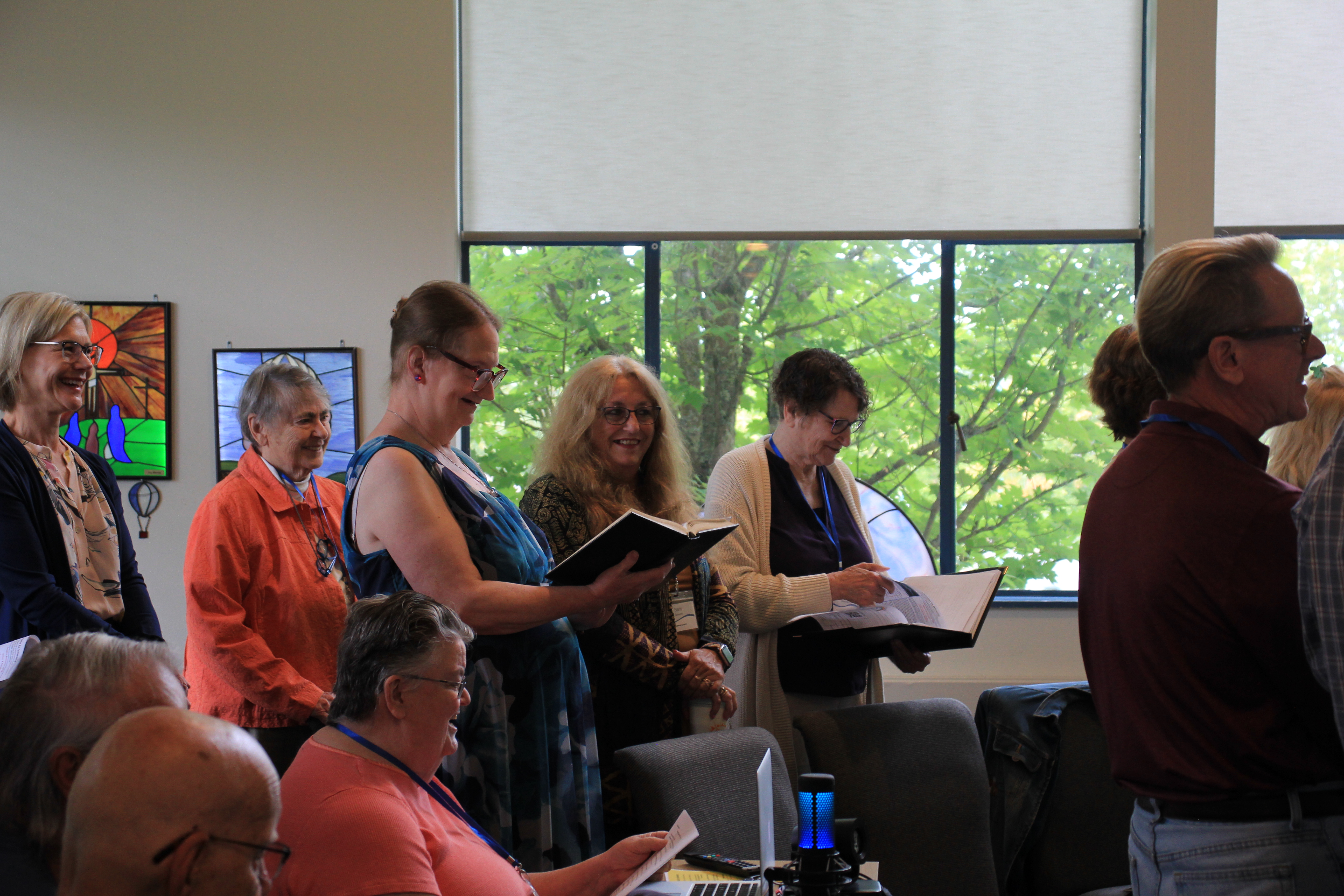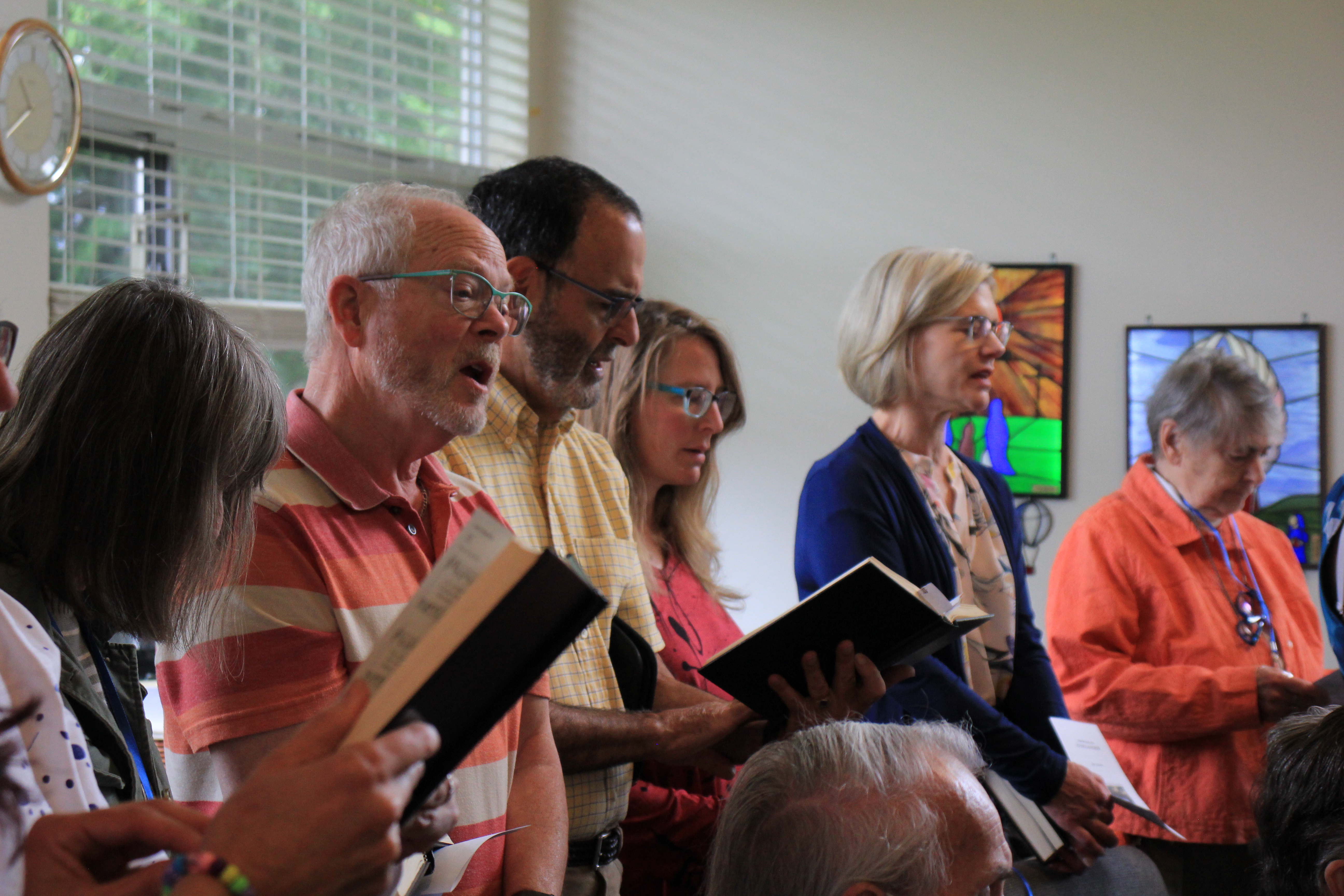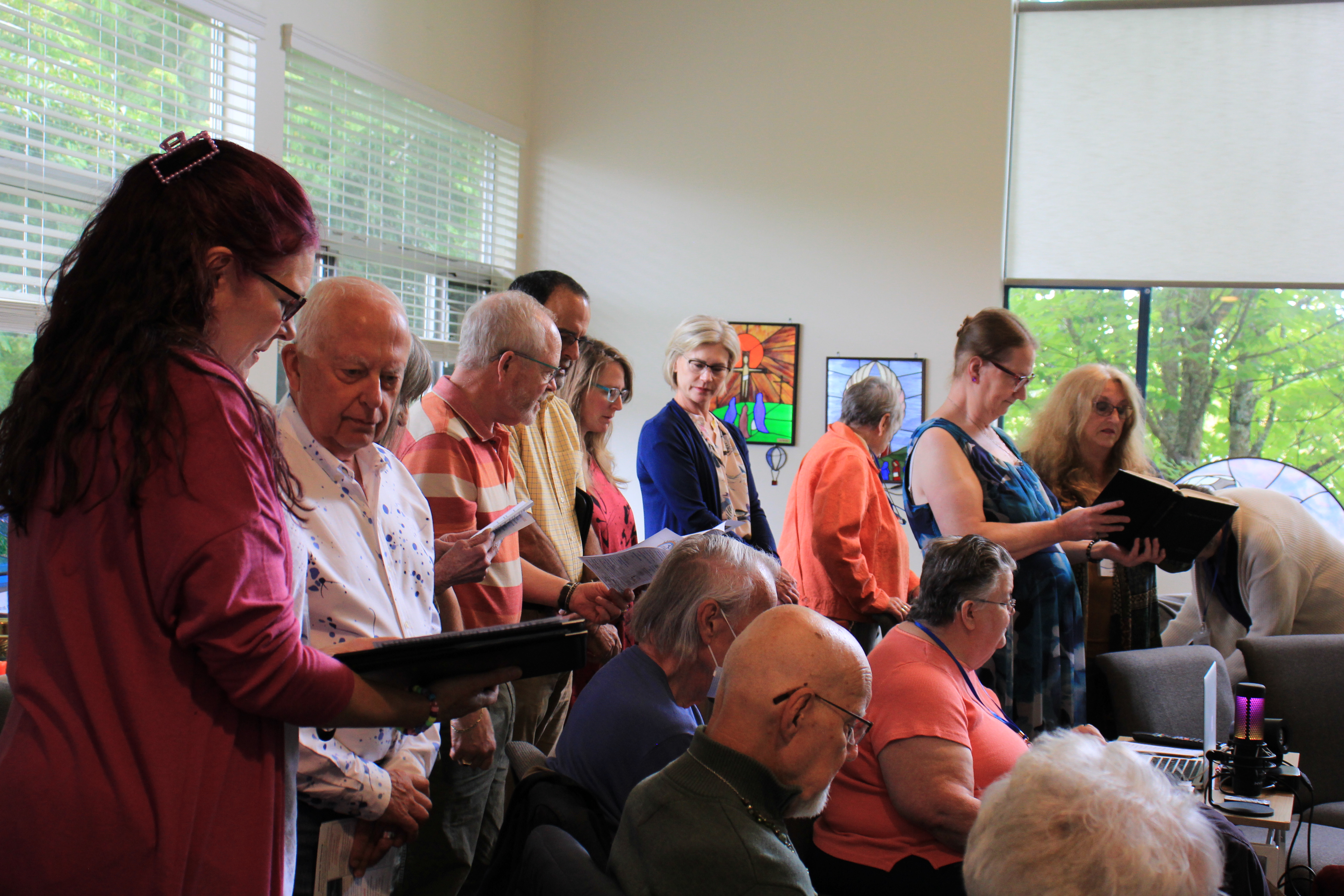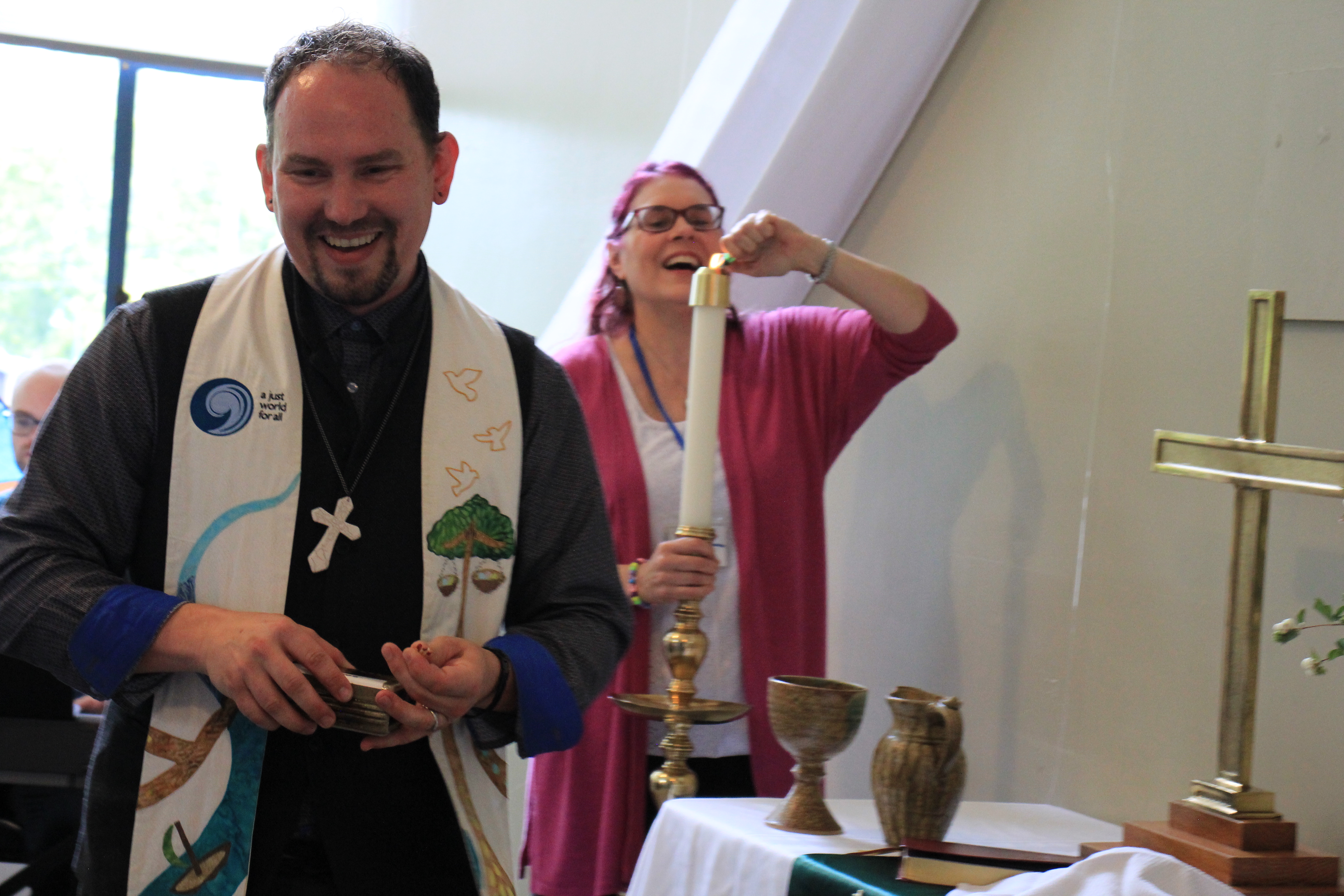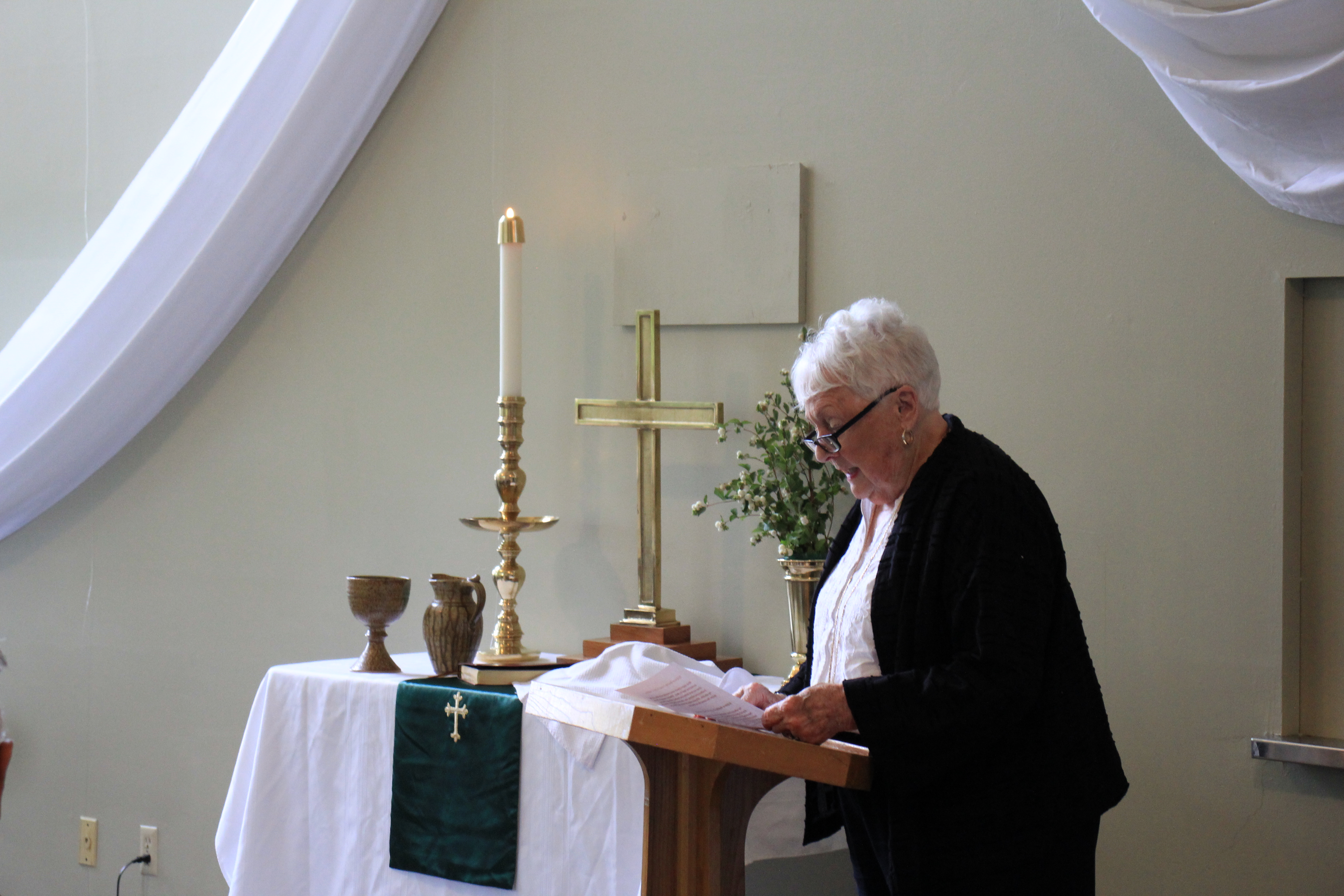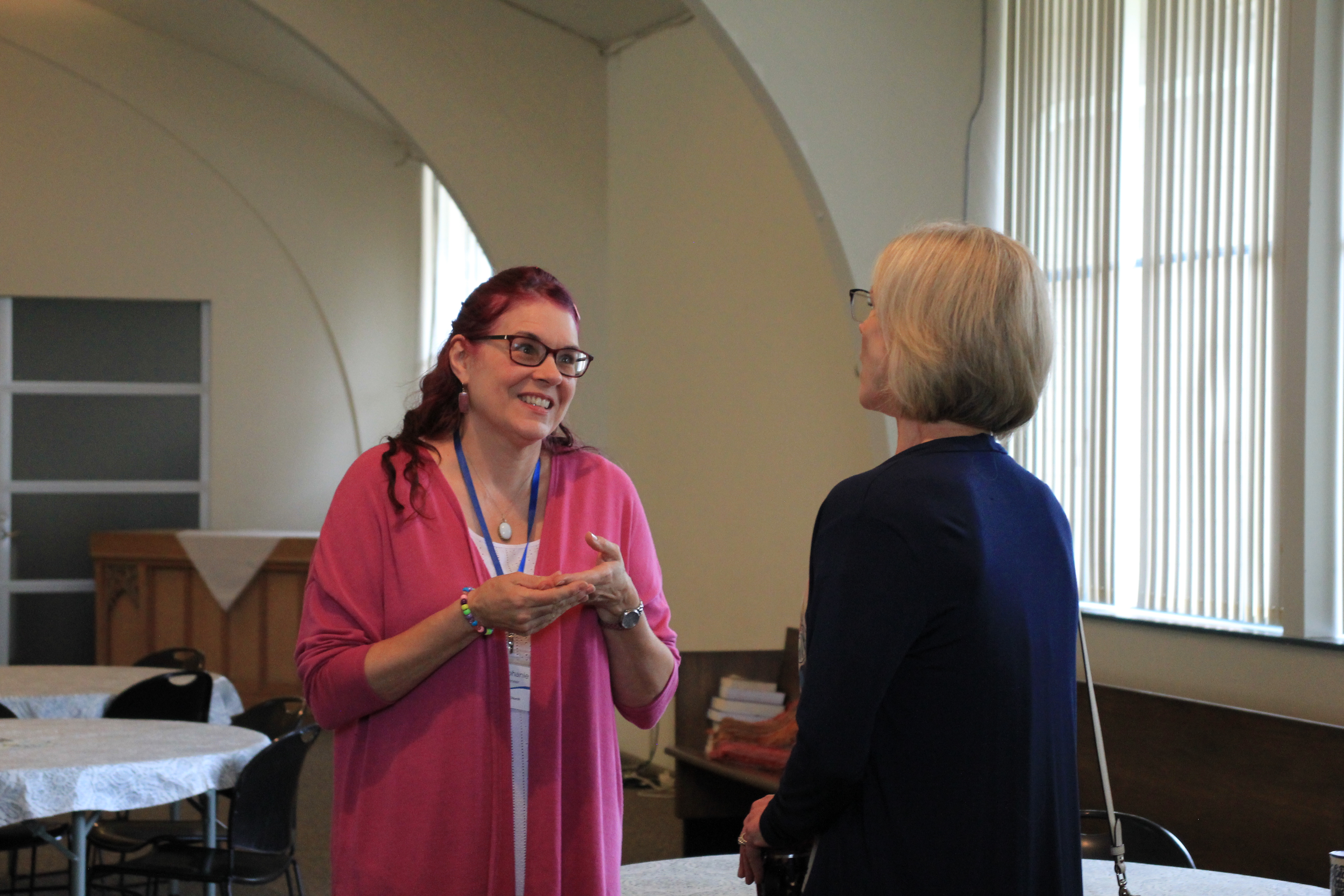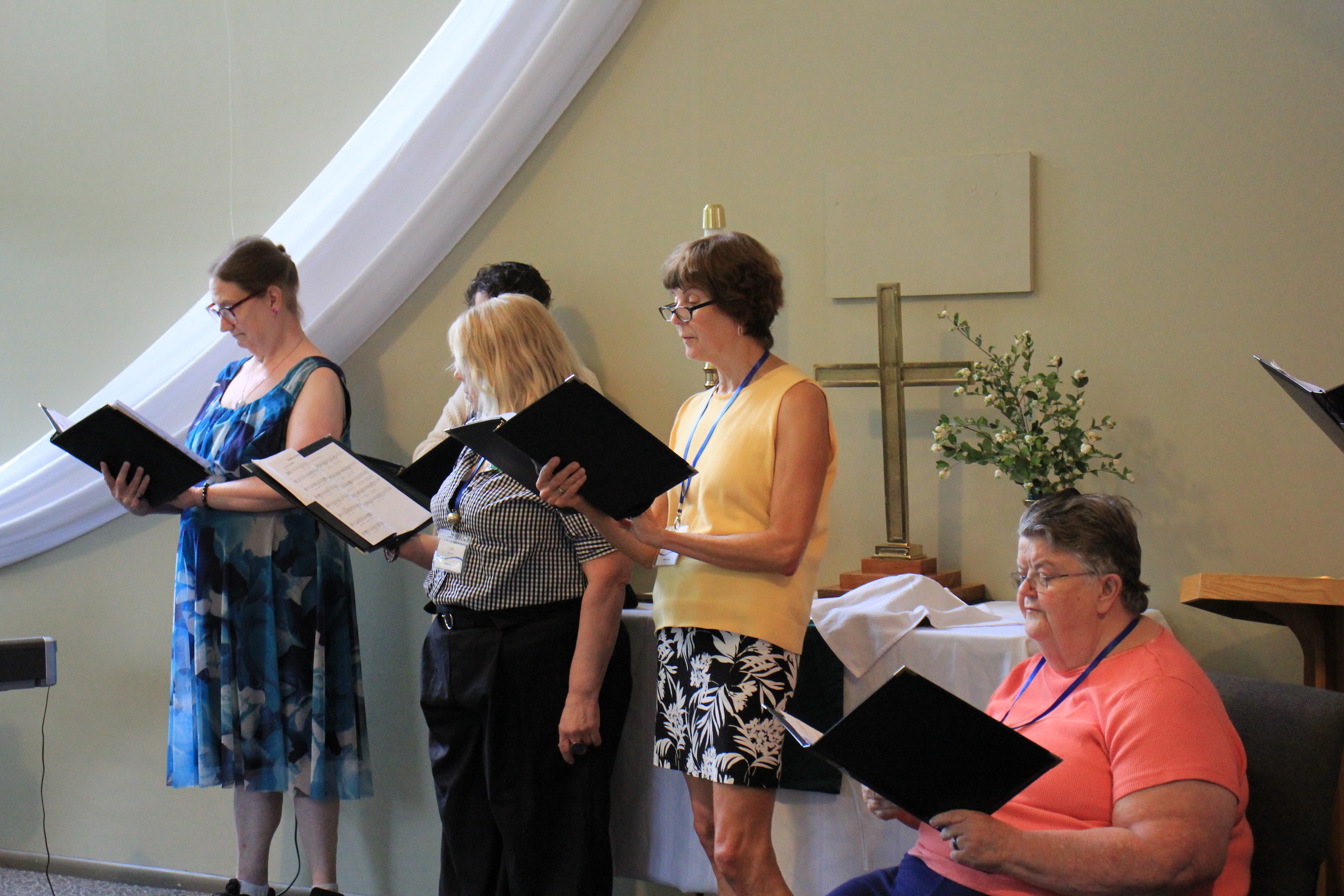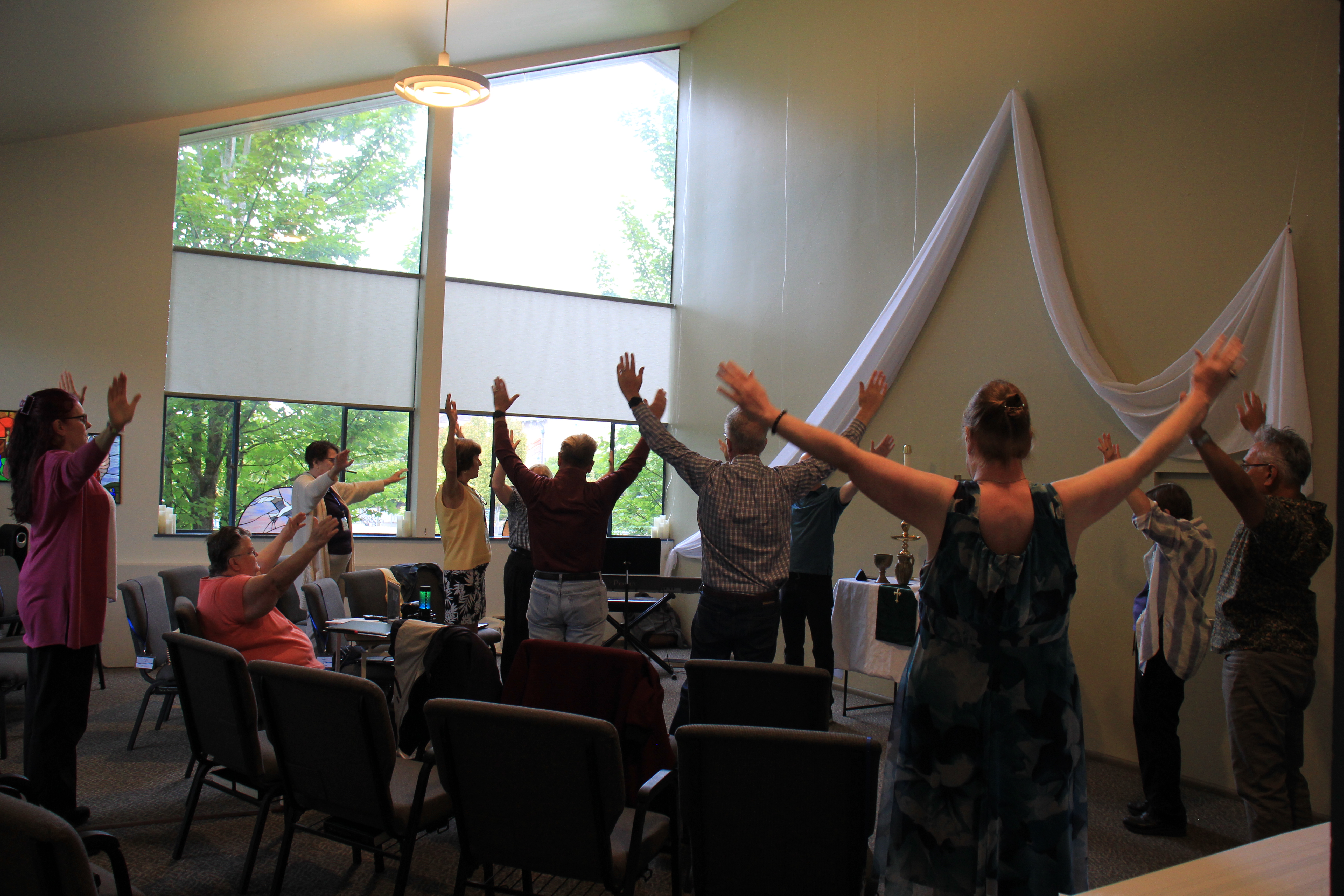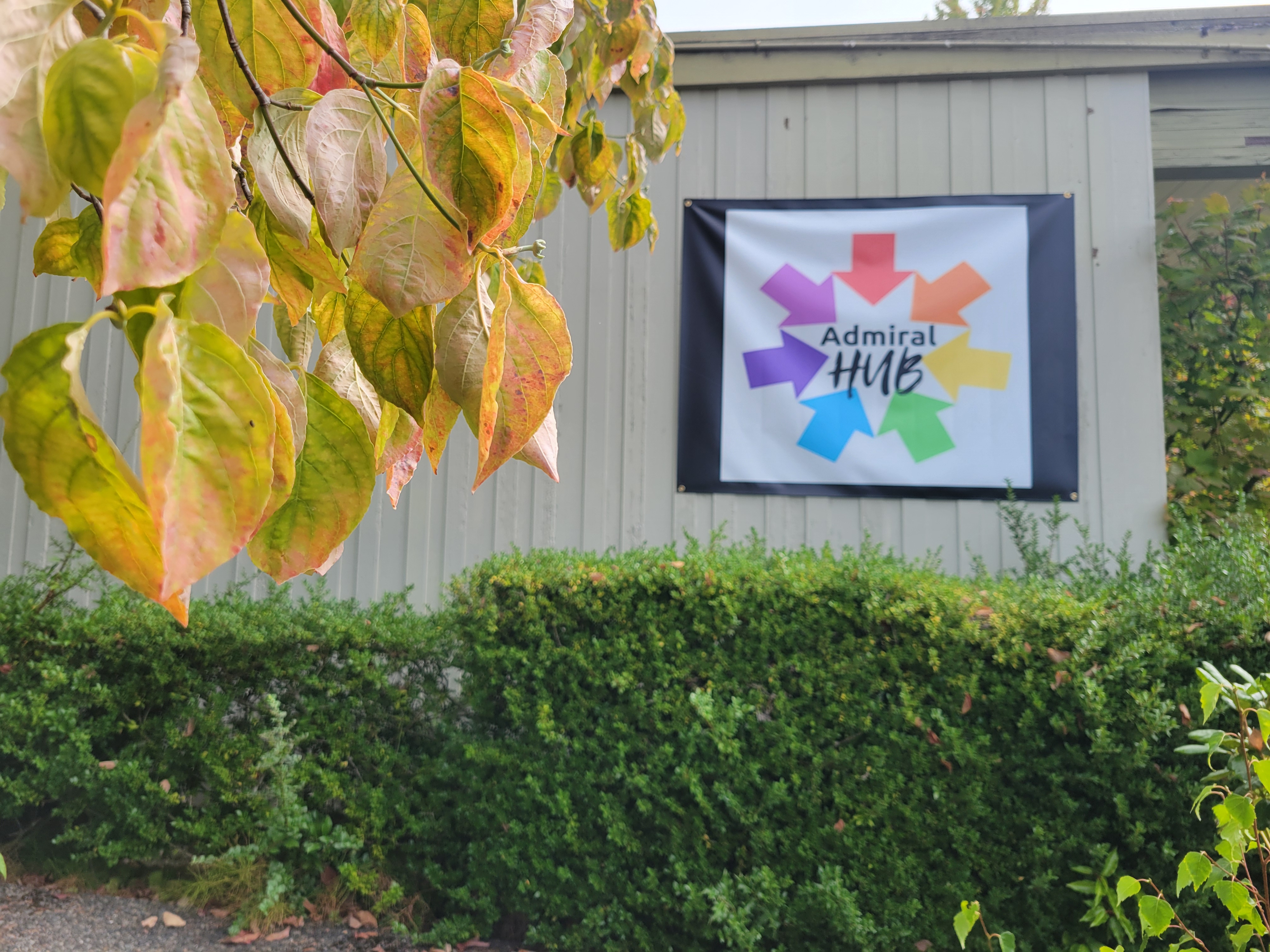The Role of Authority and Government
In a Faithful Community
or of governors, as sent by him to punish those who do wrong and to praise those who do right.
Anyone who knows my teaching on the relationship between Jesus and Empire might find it hard to believe I value this selection from 1 Peter, but I do. As a theological concept, Empire is a philosophy for social order, not a specific structuring of government. In order to examine a given structure, we must first discern what we believe the purpose of government is. Our beliefs on this deeply impact our expectations of government and our willingness to submit ourselves to its authority. Some understand government as a structure designed to secure their property, liberties, rights, and freedoms. Government exists to serve my short-term and long-term interests because I am an enfranchised (tax paying) citizen of that government. Others understand government as the safety net a society builds for the most vulnerable and marginalized within the society, which any member could find themselves part of should their security crumble. This second model is similar to how the insurance industry works: risk is spread out across a large group, as is the cost of any needed intervention.
The protests we are seeing in cities across the country for “re-opening” are clear examples of people with the first philosophy of government. A government, they say, should be a vehicle for securing our rights, not for taking them away. Any expectation or limitation the government employs on its citizens should be justified on the basis of how it enables the majority to maintain their liberty. This “live and let live” attitude clearly demonstrates a lack of any deep sense of responsibility for members of the society; it only serves those with adequate power and resources. As human beings, we are aware of the temptation to see ourselves as the center of our lives. Societies are organized to create a shared sense of identity, and therefore a shared sense of responsibility for one another. As people of faith, we are called to see God as the center of our lives, and to see ourselves as responsible to God for how we treat our siblings. Governments are imperfect human creations seeking to institutionalize the responsibility aspect of our identity as citizens. Said another way, the role of government is to keep us accountable to one another.
This month we will witness the successes and failures of governments across the country in instilling a sense of shared responsibility for our neighbors. We will see more protest and more brazen self-centeredness. We will see more self-imposed limitations and precautions in the name of “flattening the curve”. We will see more hardships and dramatic economic and social consequences of slowing down and shutting down. Through it all, I trust that we will see the ever-creative and generative Spirit of God at work, helping us re-imagine our society under these newly realized responsibilities.
May will be a month to grieve the loss of hope in a quick solution. We will grow in our realization of the scope and magnitude of this challenge, and we will grieve the disruption of many of our plans. We will be challenged to trust in the authorities who make decisions on our behalf, and will be called upon to speak up for the marginalized who are being left out and left behind.
Through it all, we will be called to trust as never before in the enduring power and ongoing leadership of God, who cannot be seen but can be felt amidst the storm. We must pray fervently for our leaders and legislators, that they may hear clearly the voice of Love amidst a climate of fear.
In Peace and with Hope,
Pastor Andrew

